Dhaka, August 2 (V7N) – Available today in many shapes and forms, plastics have become part our everyday life. However, their popularity and almost endless applications present a series of challenges for the recycling industry. We now use about 20 times more plastic than we did 50 years ago. Every day, Dhaka, a megacity teeming with life, generates over 7,500 metric tonnes of solid waste. Across Bangladesh, this figure swells to a staggering 35,000 tonnes daily.
Buried within this mountain of refuse lies a multi-billion Taka opportunity—a potential circular economy that remains largely untapped, bogged down by systemic challenges and missed policy interventions. While the informal sector has long been the unsung hero of recycling in Bangladesh, the country stands at a critical juncture where a formalized, efficient system is not just an environmental imperative but an economic necessity.
.jpg)
The Scale of the Problem and the Informal Backbone
According to a 2024 assessment by the Department of Environment (DoE) and the World Bank, urban waste generation in Bangladesh is projected to reach 47,000 tonnes per day by 2030, driven by rapid urbanization and changing consumption patterns. A significant portion of this waste, especially plastics, paper, and metals, is recyclable.
Currently, an estimated 10-15% of total waste is recycled, almost entirely driven by a vast, informal network. Over 150,000 urban poor, often referred to as 'tokais', including many women and children, form the base of this pyramid. They painstakingly sort through mixed waste in hazardous conditions, feeding a complex supply chain of scrap shops (bhangari dokans) and informal processing units.
"We are the city's cleanup crew, but we get no recognition, no health safety," said Amina Begum, a waste picker near the Matuail landfill. "We prevent this plastic from choking the drains, yet we barely earn enough to eat."
Key Challenges Hindering Progress
Despite the vital role of the informal sector, Bangladesh's path to a robust recycling economy is fraught with obstacles:
Lack of Segregation at Source: This is the single greatest barrier. The vast majority of households, commercial establishments, and industries dispose of mixed waste, heavily contaminating recyclables and making the sorting process inefficient, costly, and hazardous.
Inadequate Infrastructure: There is a severe shortage of modern material recovery facilities (MRFs), sorting centres, and formal collection systems. Most of the waste ends up in open dumpsites like Matuail and Aminbazar, leading to soil and water contamination and emitting potent greenhouse gases like methane (CH4).
Policy and Enforcement Gaps: While the government approved the Solid Waste Management Rules, 2021, which mandates waste segregation and promotes recycling, its implementation has been slow. Furthermore, the policy of Extended Producer Responsibility (EPR), which makes manufacturers responsible for the post-consumer life of their products (especially plastic packaging), is yet to be effectively enforced.
Rise of Complex Waste: The proliferation of single-use, multi-layer plastics and electronic waste (e-waste) poses a new challenge. E-waste, containing valuable metals but also toxic substances like lead and mercury, is often dismantled in unsafe, informal workshops, posing severe health and environmental risks. According to Global E-waste Monitor, Bangladesh emits more or less 2.81 million metric tons (MMT) of e-waste annually as of 2023, with increasing urbanization, digitalization, and economic growth expected to increase.
The Billion-Dollar Missed Opportunity
The economic cost of inaction is immense. Experts believe a formal recycling industry could contribute over $1 billion to Bangladesh's GDP annually.
Import Substitution: Bangladesh spends a significant amount of foreign currency importing virgin plastic pellets, paper pulp, and scrap metal. A robust domestic recycling industry could drastically reduce this dependency. For instance, the demand for recycled plastic flakes and pellets from the country's garments, household goods, and construction industries is soaring.
.jpg)
Green Jobs: Formalizing the sector could create thousands of 'green jobs' with better wages, social security, and safe working conditions, transforming the lives of informal waste workers.
Resource Conservation: Recycling saves energy, water, and natural resources. According to the Recycling Centre at Stanford University, USA, one ton of recycled plastic saves 16.3 barrels of oil or 5,774 kilowatt hours of electricity.
Carbon Credits and Climate Finance: Projects that convert waste to energy or compost, and formal recycling initiatives, can qualify for international climate finance and carbon credits, opening up new revenue streams.
The Way Forward: From Linear to Circular
Pockets of progress offer a glimmer of hope. Several private sector giants, like Pran-RFL Group and Akij Group, have invested heavily in state-of-the-art plastic recycling plants. Various startups are now using mobile apps to connect households with formal waste collectors, offering incentives for segregated waste.
However, a systemic shift requires a concerted effort:
Strict Enforcement of Rules: The government must urgently enforce the Solid Waste Management Rules, 2021, and the EPR policy, setting clear targets and penalties for non-compliance.
Public-Private Partnerships (PPP): City Corporations should partner with private companies to establish modern waste collection and sorting infrastructure.
Massive Public Awareness: A nationwide campaign is needed to educate citizens on the "why" and "how" of waste segregation at source.
Formalizing the Informal Sector: Instead of displacing them, policies should aim to integrate informal waste pickers into the formal system, providing them with training, safety equipment, and fair wages.
The mountains of waste piling up in our cities are not just a liability; they are mismanaged assets. By embracing a circular economy, Bangladesh can tackle its pollution crisis, create economic value, and build a more sustainable future. The time to act is now.
END/AZS/SMA/



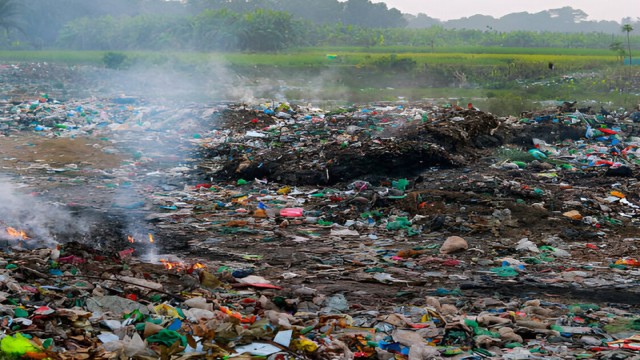
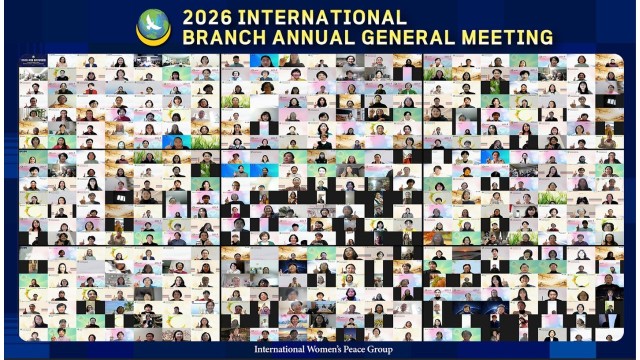





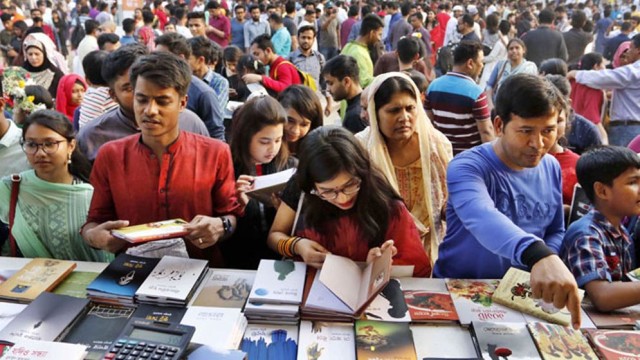

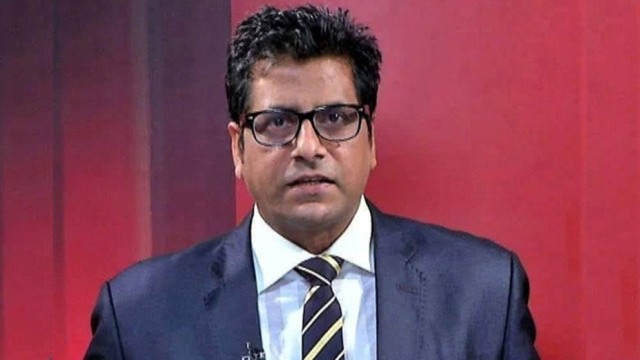
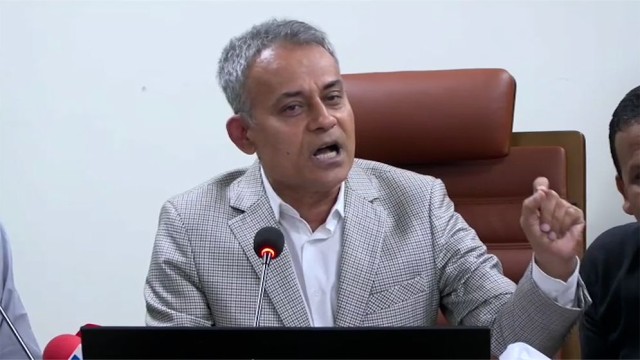

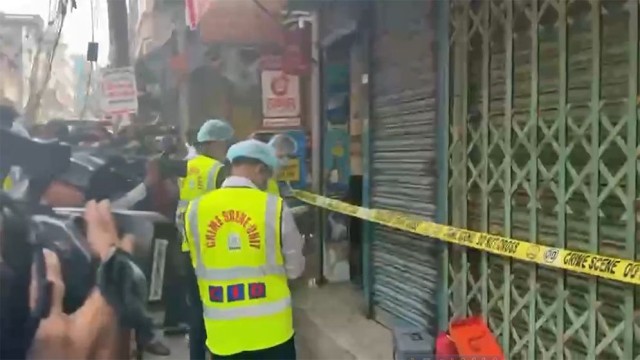
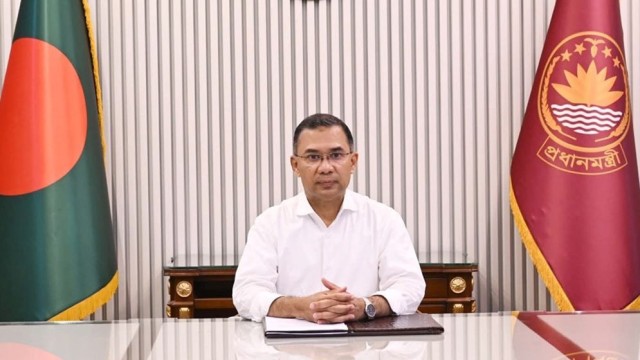

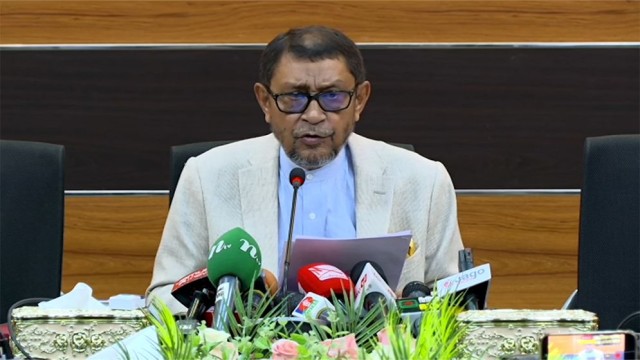
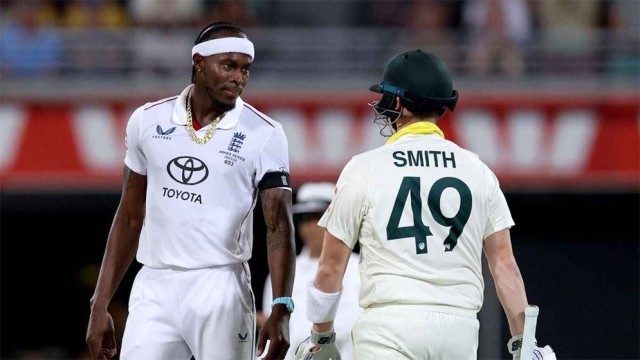











Comment: